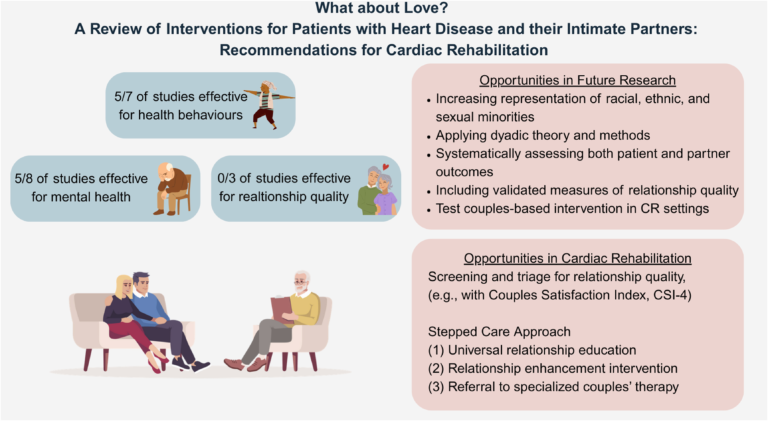Your Diet, Not Laziness, Could Be Behind Rising Obesity

For years, we’ve been told that the secret to staying slim is simple: move more and eat less. But what if that advice has been only half right?
A new global study from Duke University is shaking up our understanding of obesity—and the culprit might not be what you expect.
It turns out, people in wealthier countries aren’t necessarily moving less. In fact, some are just as active, or even more active, than their counterparts in less developed parts of the world. So why are obesity rates skyrocketing as nations grow richer? The answer seems to lie not in how little we move, but in how much—and what—we eat.
Rethinking the Obesity Story
The popular narrative has long linked obesity to reduced physical activity. After all, with office jobs, cars, and endless hours spent in front of screens, it’s easy to assume that modern life has made us lazy. But this fresh research flips that story on its head.
Scientists looked at over 4,200 adults from 34 populations across six continents. These included hunter-gatherers, farming communities, herders, and people living in fully industrialized countries. With such a wide sample, the team could truly compare lifestyles across the economic spectrum.
The findings were striking: energy expenditure didn’t drop as countries grew wealthier. People in developed nations burned about the same—or sometimes more—calories than those in developing regions. The real driver of obesity wasn’t inactivity. It was what people were putting on their plates.
Calories, Processed Foods, and Economic Growth
As economies expand, diets change. Traditional foods give way to supermarket shelves stocked with ultra-processed options—think packaged snacks, sugary drinks, and fast food. These items are easy to grab, cheap, and engineered to taste irresistible. But they also pack a calorie punch that our bodies aren’t built to handle in such large amounts.
The study found that while there was a small decline in size-adjusted energy burn as development increased, this explained only a tiny fraction of rising body fat. In other words, moving less wasn’t nearly enough to explain the obesity surge. Instead, diets rich in processed foods were strongly linked to higher body fat percentages, even when physical activity was taken into account.
This doesn’t mean exercise doesn’t matter—it’s still essential for overall health, mental well-being, and disease prevention. But when it comes to obesity, the evidence is pointing squarely toward diet as the main culprit.
Why This Matters for Public Health
So, what does this mean for the way we think about obesity? For one, it challenges the old advice that you can out-exercise a poor diet. The truth is, while exercise helps, it’s no match for a steady stream of excess calories.
Public health efforts, the researchers suggest, should put more emphasis on diet quality. That means encouraging people to eat fewer ultra-processed foods and more nutrient-dense meals. Exercise should still be promoted, but as a complement, not a substitute, for good nutrition.
This also shines a light on how economic growth can come with hidden costs. As countries modernize, lifestyles improve in many ways—longer life expectancies, better education, greater access to healthcare. Yet, the shift toward industrialized diets introduces new risks that wealth alone can’t solve.
A Balanced Approach
It’s tempting to think we can solve obesity with a single silver bullet—whether that’s jogging more miles or banning junk food. But the reality is more nuanced. Diet and physical activity should be seen as partners in health, not interchangeable tools.
The Duke study highlights the importance of seeing the big picture: it’s not just how much we move, but how we fuel our bodies. As researchers continue to study which aspects of modern diets contribute most to obesity, one thing is clear—making thoughtful choices about what we eat could be more powerful than we ever realized.
So the next time you feel guilty about skipping a workout, remember: staying active is important, but what really counts is also what’s on your plate. If anything, this research is an invitation to rethink the balance between movement and meals—and to recognize that our diets may be doing more to shape our bodies than our daily steps ever could.
Source: Energy expenditure and obesity across the economic spectrum





